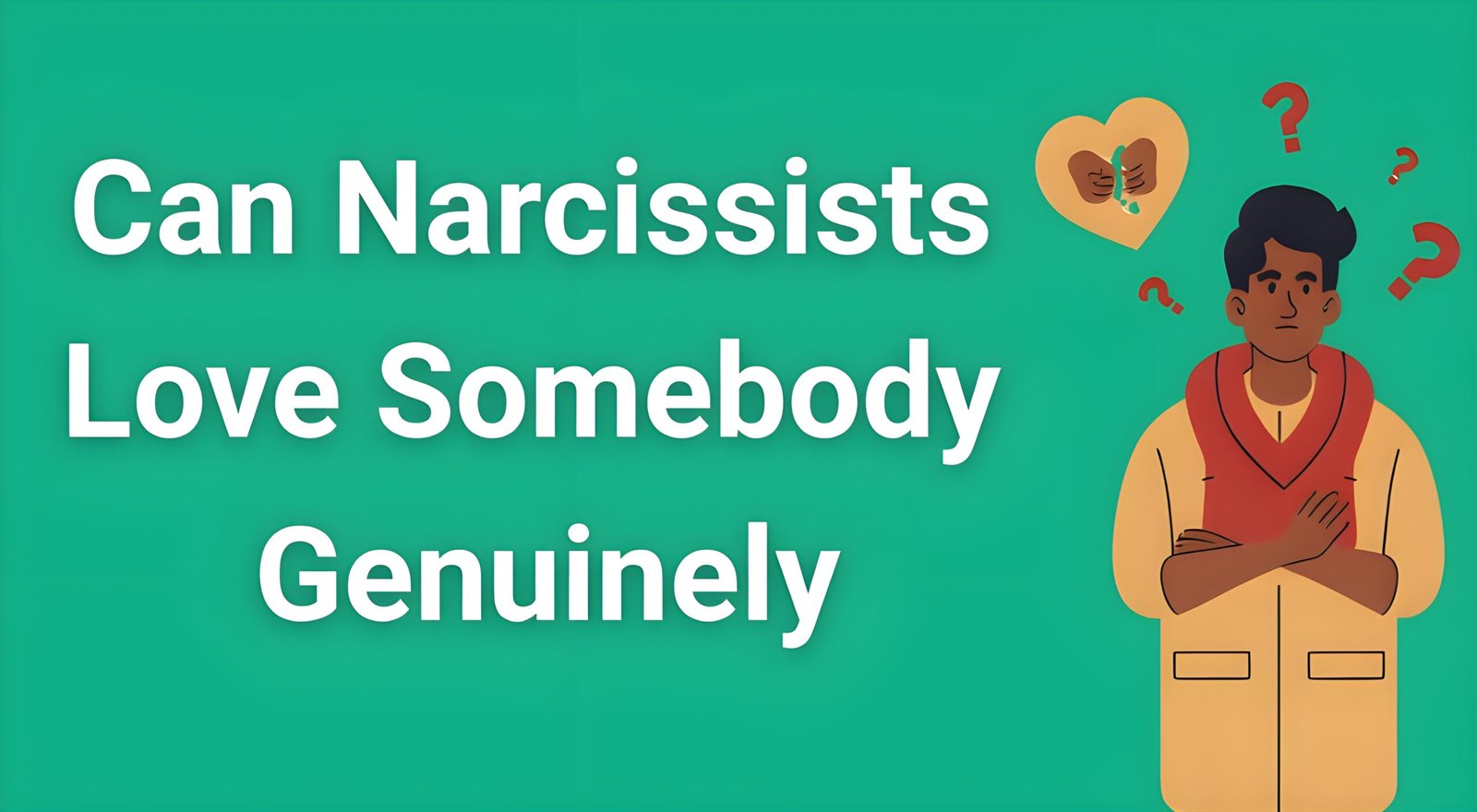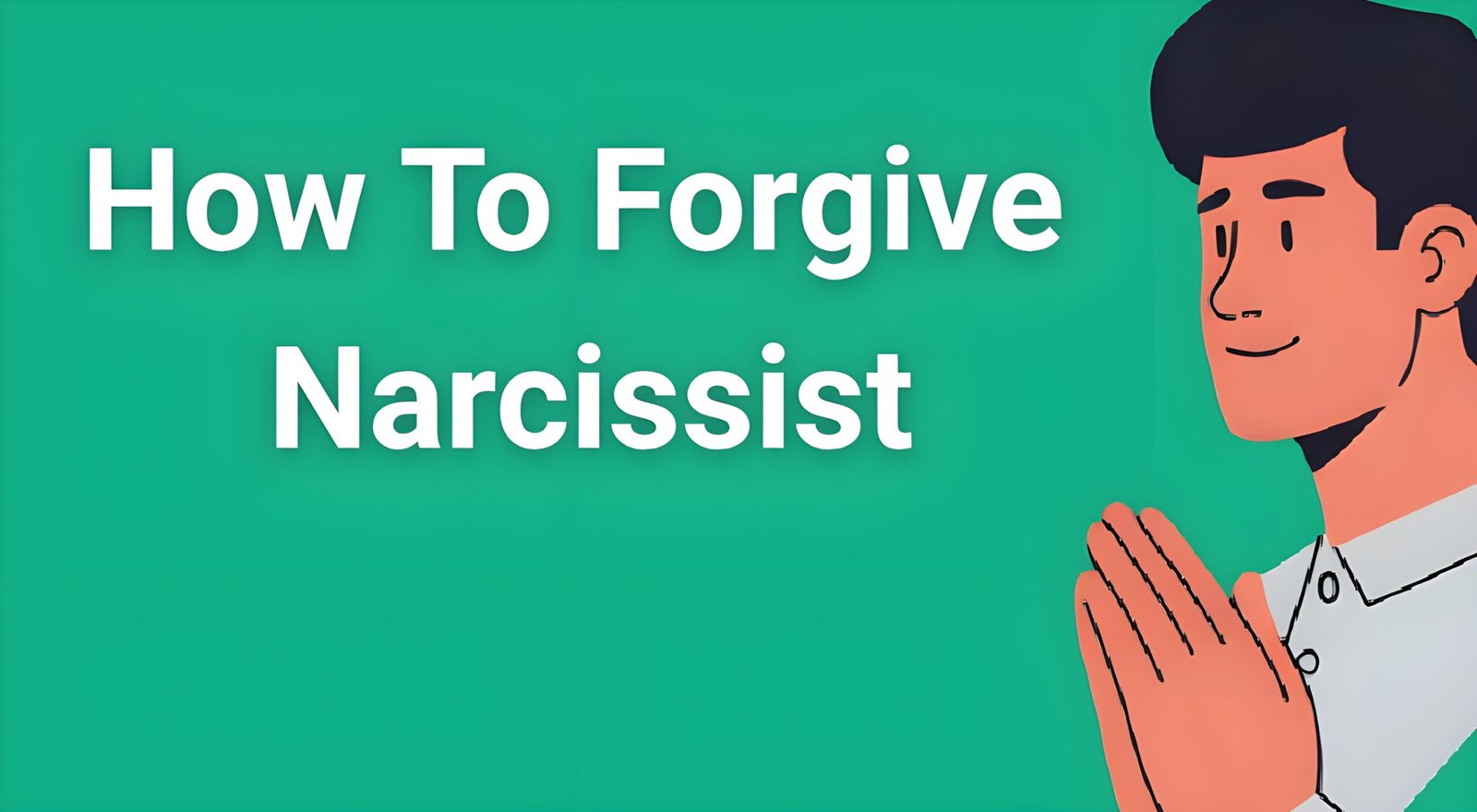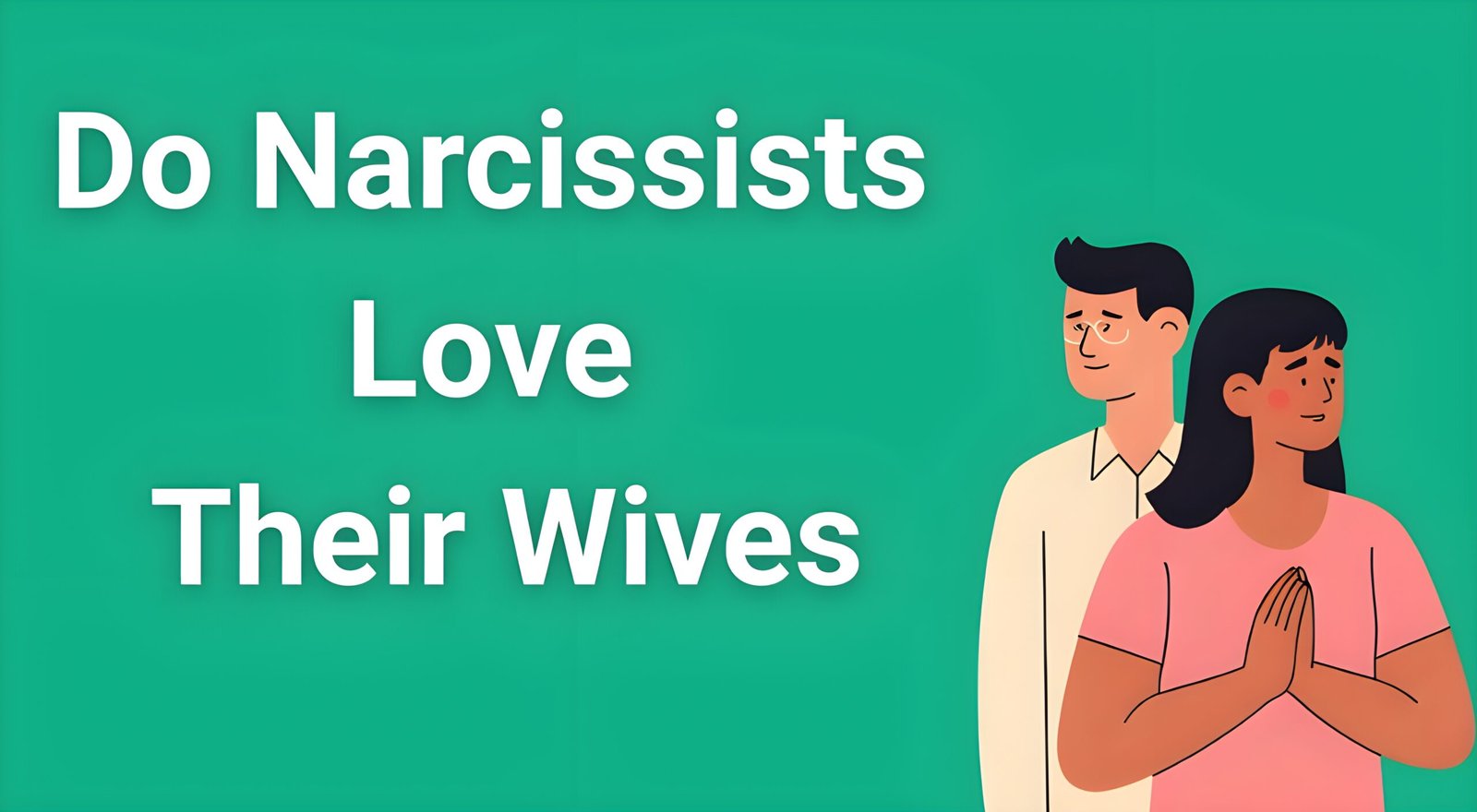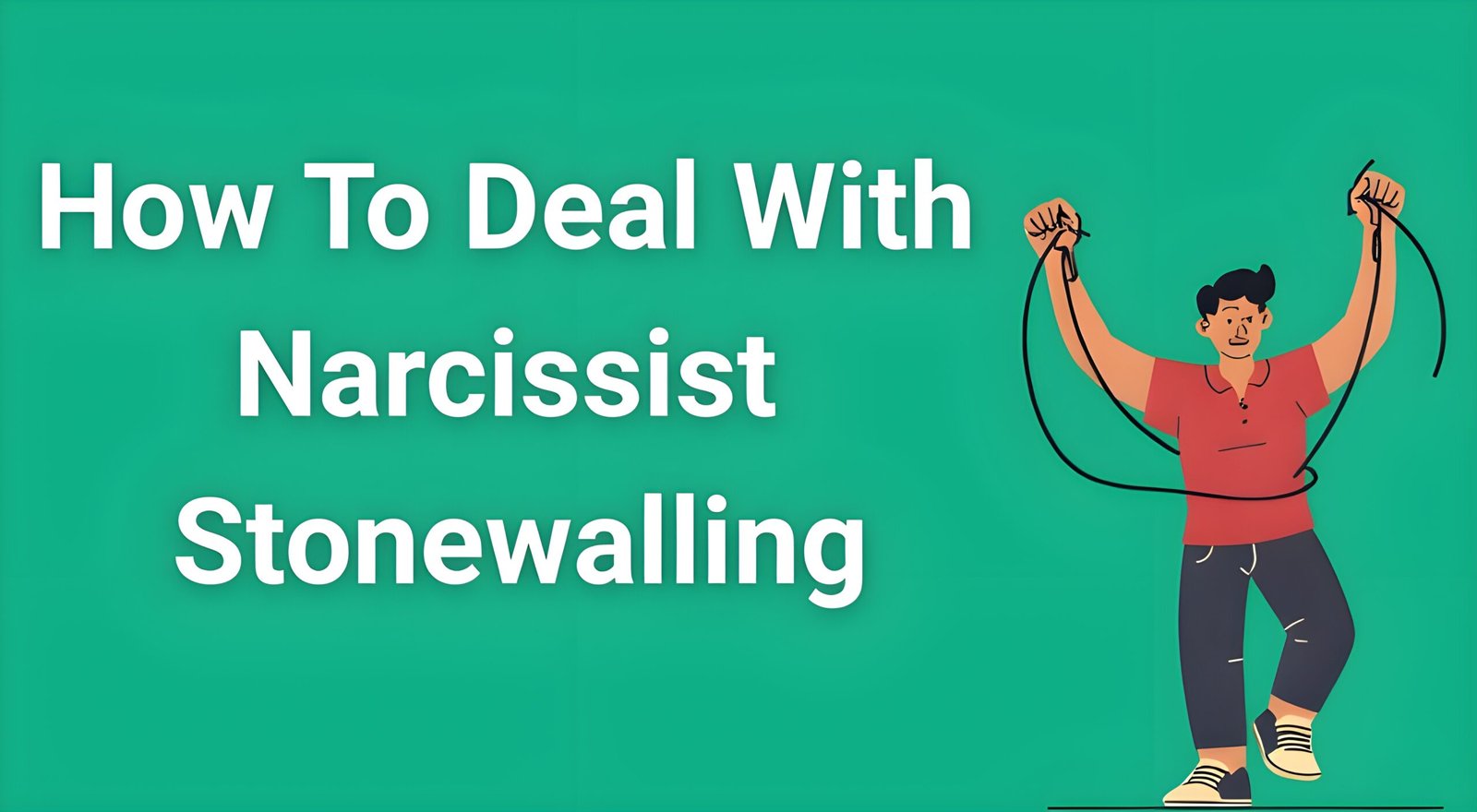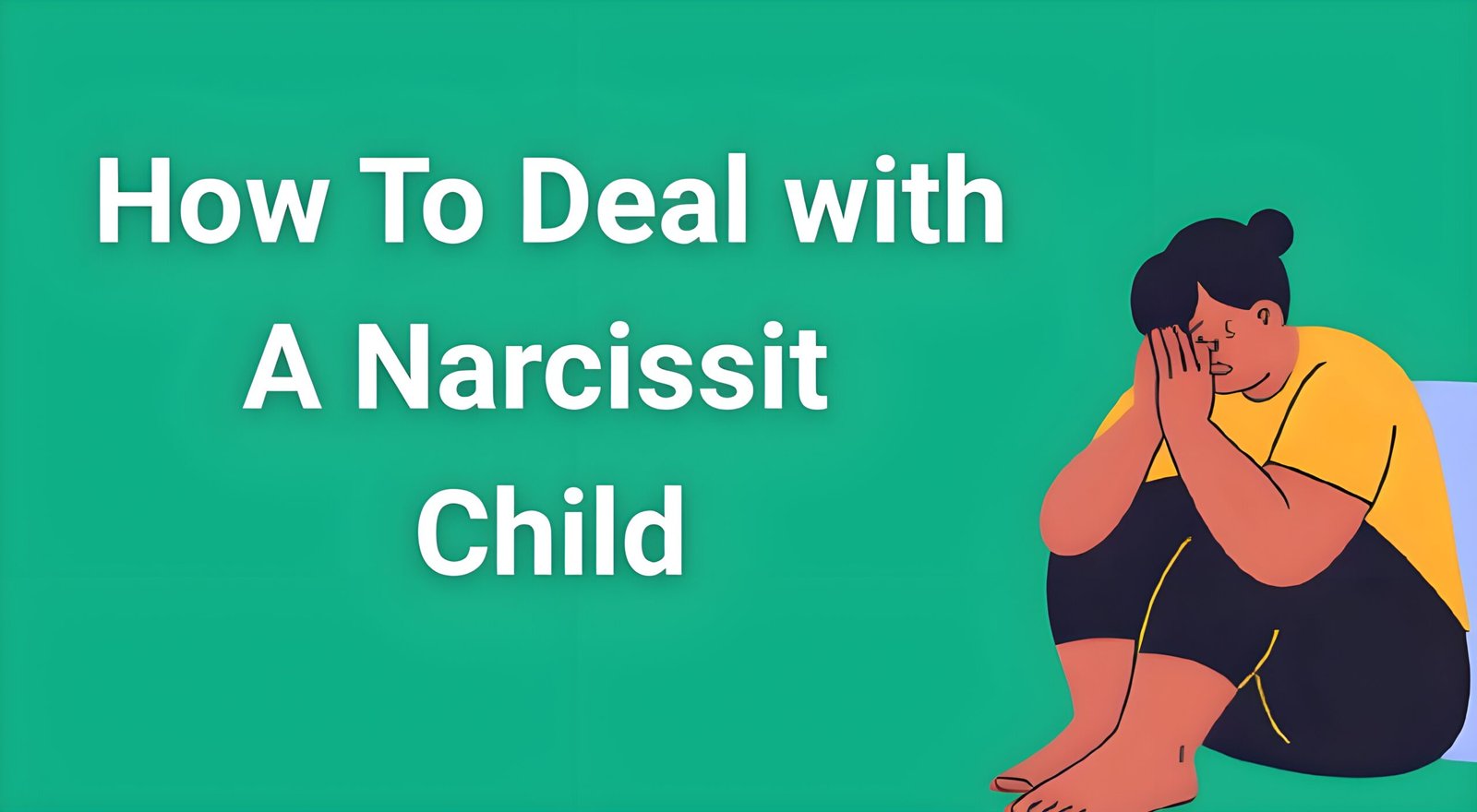If you’re asking whether narcissists can love somebody genuinely, you’ve likely felt the devastating confusion of loving someone who seems incapable of loving you back the same way.
- Understanding Genuine Love vs Narcissistic Love
- The Science Behind Narcissistic Emotional Capacity
- Signs That Narcissistic Love Isn’t Genuine
- Types of Narcissistic “Love” Expressions
- The Impact on Partners Who Love Narcissists
- Can Narcissists Change and Learn to Love Genuinely?
- Protecting Yourself When Narcissists Cannot Love Genuinely
- When to Consider Leaving
- Frequently Asked Questions
- Conclusion: The Painful Truth About Narcissistic Love
This question haunts millions of people trapped in relationships with narcissists: Can narcissists love somebody genuinely? The desperate need to know whether their partner’s feelings are real, whether the relationship has any authentic foundation, and whether there’s hope for genuine connection drives people to search endlessly for answers.
The truth about whether narcissists can love somebody genuinely is both complex and heartbreaking. While narcissists can experience intense feelings that they interpret as love, research consistently shows that these feelings fall far short of the genuine love that most people understand and crave in relationships.
Understanding whether narcissists can love somebody genuinely isn’t just an academic question—it’s a matter of emotional survival for those who find themselves loving someone with narcissistic personality disorder. This comprehensive guide examines the scientific evidence, psychological research, and real-world implications of narcissistic love patterns.
The short answer to “can narcissists love somebody genuinely” is no—but the full explanation reveals why this limitation exists, what narcissistic love actually looks like, and how to protect yourself from the devastating effects of loving someone incapable of genuine reciprocation.
Understanding Genuine Love vs Narcissistic Love
Before exploring whether narcissists can love somebody genuinely, we must first understand what genuine love actually means and how it differs from the conditional, self-serving feelings that narcissists experience.
What Genuine Love Requires
Genuine love involves several key components that research has consistently identified:
Empathy and Emotional Connection: Authentic love requires the ability to understand, feel, and respond to another person’s emotions. This means genuinely caring about their wellbeing, happiness, and growth as separate from your own needs.
Unconditional Acceptance: Genuine love accepts the other person as they truly are, with all their flaws, imperfections, and human complexities. It doesn’t require them to change to meet your needs or expectations.
Selfless Concern: Real love involves caring about the other person’s happiness and wellbeing even when it doesn’t benefit you directly. It means being willing to make sacrifices for their good.
Respect for Autonomy: Genuine love respects the other person’s independence, choices, and individual identity. It doesn’t seek to control, manipulate, or possess them.
Consistent Behavior: Authentic love demonstrates itself through consistent actions over time, not just words or temporary gestures when it’s convenient or beneficial.
How Narcissistic Love Differs
When examining whether narcissists can love somebody genuinely, the fundamental differences become clear:
Conditional and Transactional: Narcissistic love depends entirely on what the other person can provide—attention, validation, status, or other benefits. When these benefits diminish, so does the “love.”
Self-Serving Motivation: Everything a narcissist does in relationships, including expressions of love, ultimately serves their own needs for admiration, control, or supply.
Projection-Based: Narcissists don’t fall in love with real people—they fall in love with idealized projections of what they want that person to be.
Empathy Deficits: Research shows that narcissists have structural brain abnormalities in regions associated with empathy, making genuine emotional connection neurologically difficult.
Inconsistent Expression: Narcissistic love fluctuates dramatically based on the narcissist’s moods, needs, and whether the partner is meeting their expectations.
The Science Behind Narcissistic Emotional Capacity
Scientific research provides crucial insights into whether narcissists can love somebody genuinely by examining their neurological and psychological capacity for authentic emotional connection.
Neurological Evidence
Brain Structure Differences: Studies using brain imaging technology reveal that narcissists have measurable differences in brain regions responsible for empathy and emotional processing. Specifically, they show reduced activity in the anterior insula and anterior cingulate cortex—areas crucial for empathy and emotional connection.
Empathy Impairment: The Diagnostic and Statistical Manual of Mental Disorders (DSM-5) specifically notes that individuals with narcissistic personality disorder are “unwilling to recognize or identify with the feelings and needs of others.”
Mirror Neuron Dysfunction: Research suggests that narcissists may have impaired mirror neuron systems, which are essential for emotional resonance and understanding others’ experiences.
Psychological Research Findings
Dr. Elinor Greenberg’s Clinical Observations: Renowned narcissism expert Dr. Greenberg notes that many of her clients with narcissistic personality disorder express doubt about whether they understand what others mean by “love.” As one client stated: “I don’t think I really know what it means to love someone.”
Transactional Relationship Patterns: Research consistently shows that narcissists approach relationships pragmatically, asking not “Do I love this person?” but rather “What can this person do for me?”
Object Relations Deficits: Narcissists experience other people as extensions of themselves rather than separate individuals with their own needs, desires, and autonomous existence.
The Fantasy vs Reality Gap
When considering whether narcissists can love somebody genuinely, researchers have identified a crucial pattern:
Idealization Phase: Narcissists can experience intense feelings during the early stages of relationships when they’re projecting idealized fantasies onto their partners.
Reality Intrusion: As real human traits emerge that conflict with their fantasies, narcissistic “love” quickly transforms into disappointment, criticism, and eventual devaluation.
Blame Shifting: Rather than accepting that their expectations were unrealistic, narcissists blame their partners for “changing” or “not being who they thought they were.”
Signs That Narcissistic Love Isn’t Genuine
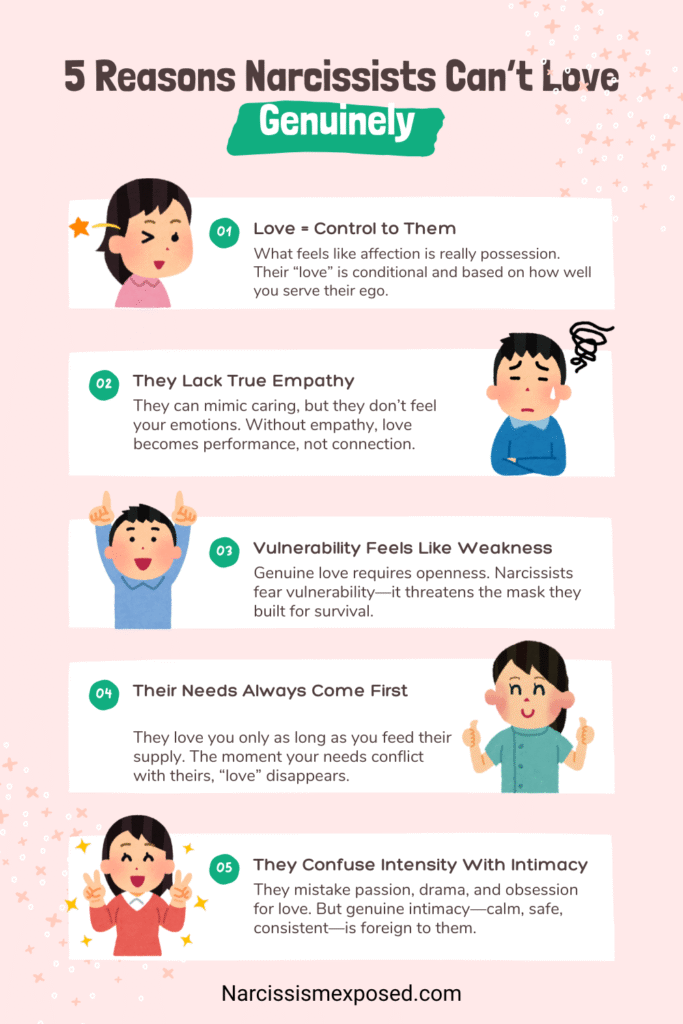
Understanding whether narcissists can love somebody genuinely becomes clearer when you recognize the distinguishing characteristics of narcissistic “love” versus authentic love.
Early Relationship Red Flags
Love Bombing Intensity: While genuine love develops gradually through getting to know someone, narcissistic love often begins with overwhelming intensity that feels too good to be true.
Perfect Partner Projection: Narcissists quickly declare you’re “perfect” or their “soulmate” before truly knowing you, indicating they’re in love with their projection rather than the real you.
Future Faking: Elaborate promises about your future together that seem premature given the actual depth of your connection.
Possession Language: Using possessive language early in the relationship, treating you as an acquisition rather than an autonomous person.
Ongoing Relationship Patterns
Conditional Affection: Their love and attention fluctuate dramatically based on how well you’re meeting their needs or expectations.
Emotional Unavailability: Despite claiming to love you, they remain emotionally distant and unable to provide genuine emotional support during difficult times.
Competition and Jealousy: Rather than supporting your achievements and growth, they feel threatened by your successes and may attempt to sabotage them.
Criticism and Fault-Finding: As the relationship progresses, their “perfect” partner becomes increasingly flawed in their eyes, leading to constant criticism.
Supply Dependency: Their expressions of love increase when they need something from you and decrease when their needs are met.
The Devaluation Process
Gradual Erosion: What initially felt like intense love slowly transforms into subtle but constant criticism and emotional withdrawal.
Moving Goalposts: No matter how much you try to meet their needs, the requirements for their love constantly change and increase.
Emotional Withdrawal: They become progressively less emotionally available while maintaining that they still “love” you.
Blame for Their Feelings: They make you responsible for maintaining their love and blame you when they become unhappy with the relationship.
Types of Narcissistic “Love” Expressions
While narcissists cannot love somebody genuinely, they do experience and express various forms of attachment and affection that can be confused with genuine love.
Obsessive Infatuation
Characteristics: Intense, consuming feelings focused on possessing the other person rather than caring for their wellbeing.
Duration: Typically short-lived, lasting only during the idealization phase of the relationship.
Motivation: Driven by the narcissist’s need to possess something they perceive as valuable or status-enhancing.
Warning Signs: Excessive jealousy, possessiveness, inability to respect boundaries, and treating you as an object to be owned.
Pragmatic Attachment
Characteristics: Choosing partners based on practical considerations rather than emotional connection.
Examples: Marrying someone for financial security, social status, or to appear “normal” to others.
Emotional Component: May develop genuine fondness or appreciation, but lacks the depth and selflessness of authentic love.
Limitations: Ends when practical benefits disappear or better options become available.
Fantasy-Based Love
Characteristics: Being in love with an idealized version of who they want you to be rather than who you actually are.
Projection Patterns: They attribute qualities to you that you may not possess or expect you to fulfill roles that meet their fantasies.
Disappointment Cycle: When reality doesn’t match their fantasy, they become angry and blame you for “changing” or “disappointing” them.
Impossible Standards: You’re expected to maintain the fantasy version of yourself indefinitely, which is psychologically impossible.
Supply-Based Affection
Characteristics: Positive feelings that correlate directly with how much narcissistic supply (attention, validation, admiration) you provide.
Fluctuation Patterns: Their “love” increases when you’re providing high levels of supply and decreases when you have needs of your own.
Conditional Nature: Affection is withdrawn as punishment when you fail to meet their supply needs or challenge their behavior.
Manipulation Tool: Often used strategically to encourage certain behaviors and discourage others.
The Impact on Partners Who Love Narcissists
Understanding whether narcissists can love somebody genuinely becomes crucial when recognizing the devastating effects on partners who experience unrequited genuine love.
Emotional Consequences
Chronic Confusion: The intermittent reinforcement of affection followed by withdrawal creates psychological confusion and addiction-like attachment patterns.
Self-Doubt and Gaslighting: Partners begin questioning their own perceptions of love and their worthiness of genuine affection.
Emotional Starvation: Despite being in a relationship, partners feel chronically unloved and emotionally neglected.
Identity Loss: Constantly trying to become the person the narcissist will love genuinely leads to losing touch with your authentic self.
Trauma Bonding: The cycle of idealization, devaluation, and intermittent reinforcement creates powerful psychological bonds that are difficult to break.
Psychological Impact
Complex PTSD: Many partners develop symptoms of complex post-traumatic stress disorder from ongoing emotional abuse and manipulation.
Attachment Wounds: The experience of loving someone incapable of genuine reciprocal love creates lasting attachment trauma.
Depression and Anxiety: The chronic stress of unrequited love and emotional instability often leads to mental health issues.
Learned Helplessness: Repeated attempts to earn genuine love that consistently fail can lead to feeling powerless and trapped.
Relationship Patterns
People-Pleasing: Partners often develop compulsive people-pleasing behaviors in desperate attempts to earn genuine love.
Boundary Erosion: The constant push for authentic connection leads to accepting increasingly poor treatment.
Isolation: Narcissists often isolate partners from support systems, making it harder to get external perspective on the relationship.
Cognitive Dissonance: The gap between what partners hope the relationship could be and what it actually is creates ongoing psychological stress.
Can Narcissists Change and Learn to Love Genuinely?
This question is central to understanding whether narcissists can love somebody genuinely and represents hope for many partners wondering if their relationships can improve.
The Reality of Narcissistic Change
Personality Disorder Stability: Narcissistic personality disorder is considered a stable personality pattern that is resistant to change.
Limited Self-Awareness: Most narcissists don’t genuinely believe they have problems that need fixing, which is essential for meaningful change.
Therapy Challenges: Even in therapy, narcissists often manipulate the process rather than engaging in genuine self-reflection and growth.
Neurological Limitations: The brain structure differences that impair empathy are not easily modified through behavioral interventions alone.
Factors That Might Enable Some Change
Rock Bottom Experiences: Major life crises that shatter their grandiose self-image might motivate some narcissists to seek genuine help.
Specialized Treatment: Long-term therapy with professionals specifically trained in personality disorders might help some individuals develop better coping mechanisms.
Medication for Co-occurring Issues: While there’s no medication for narcissism itself, treating depression or anxiety might improve overall functioning.
Age and Life Experience: Some research suggests that narcissistic traits may naturally decrease with age, though core patterns typically persist.
Realistic Expectations
Surface Changes vs Core Transformation: Any changes are more likely to be behavioral adaptations rather than fundamental personality transformation.
Motivation Matters: Change requires genuine motivation to become a better person, not just to maintain relationships or avoid consequences.
Time Requirements: Meaningful change, when it occurs, requires years of consistent work, not weeks or months.
Limited Success Rates: Even with professional help, the success rate for significant personality change in narcissists is very low.
Protecting Yourself When Narcissists Cannot Love Genuinely
Since narcissists cannot love somebody genuinely, it’s crucial to develop strategies for protecting your emotional wellbeing if you’re involved with someone who has narcissistic traits.
Accepting the Reality
Acknowledge the Limitation: Accept that their inability to love genuinely is about their psychological limitations, not your worthiness of love.
Grieve the Fantasy: Allow yourself to grieve the relationship you hoped for and the person you thought they could become.
Stop Trying to Earn It: Recognize that no amount of love, patience, or self-improvement will enable them to love you genuinely.
Release Responsibility: Understand that you cannot love them enough to heal their disorder or teach them how to love authentically.
Practical Protection Strategies
Maintain Individual Identity: Continue developing your own interests, friendships, and goals outside the relationship.
Build Support Networks: Maintain connections with people who can provide genuine love and emotional support.
Set Boundaries: Establish clear limits on what behaviors you will and won’t accept in relationships.
Document Reality: Keep journals or records to maintain perspective on the relationship dynamics and prevent gaslighting.
Financial Independence: Maintain your own financial resources and independence to preserve your options.
Emotional Protection
Develop Self-Love: Work on providing yourself with the validation and care that you’re not receiving from your partner.
Realistic Expectations: Adjust your expectations to match their actual capacity rather than your hopes for what they could become.
Professional Support: Consider therapy to process the trauma of unrequited love and develop healthier relationship patterns.
Avoid Codependency: Resist the urge to sacrifice your wellbeing in attempts to fix or save them.
When to Consider Leaving
Understanding that narcissists cannot love somebody genuinely often leads to the difficult question of whether to stay in or leave such relationships.
Warning Signs It’s Time to Go
Physical or Sexual Abuse: Any form of physical violence or sexual coercion requires immediate exit planning.
Escalating Emotional Abuse: When psychological manipulation and emotional abuse intensify over time.
Complete Emotional Disconnection: When they show no capacity for empathy or emotional connection despite your attempts.
Impact on Mental Health: When the relationship significantly affects your mental health, self-esteem, or overall wellbeing.
Isolation from Support: When they’ve successfully isolated you from friends, family, and other support systems.
Financial Abuse: When they control or manipulate your financial resources to maintain power over you.
Making the Decision
Safety Planning: Develop a comprehensive safety plan before leaving, especially if there’s any history of violence or threats.
Support System: Ensure you have emotional and practical support available during the transition.
Professional Help: Consider working with therapists who understand narcissistic abuse to process the decision and plan your exit.
Financial Preparation: Secure financial resources and important documents before leaving.
Legal Considerations: Understand your legal rights, especially regarding property, custody, and protection from harassment.
Frequently Asked Questions
Narcissists can experience intense infatuation and obsession that they interpret as love, but this typically doesn’t last once the reality of the other person conflicts with their fantasy. Narcissists cannot love somebody genuinely in the sustained, selfless way that characterizes healthy long-term relationships.
Most narcissists don’t recognize their emotional limitations. Many genuinely believe they experience love the same way others do, while some admit they don’t understand what others mean by “love.” Their lack of empathy makes it difficult for them to recognize the depth of authentic love.
While therapy can help some narcissists develop better relationship skills and coping mechanisms, the fundamental capacity for genuine love requires empathy and selflessness that are extremely difficult to develop when they’re neurologically and psychologically impaired.
Look for consistency over time, genuine concern for your wellbeing even when it doesn’t benefit them, respect for your autonomy, and the ability to empathize with your feelings. If their “love” is conditional, possessive, or primarily focused on what you provide them, it’s not genuine.
While some people find ways to coexist with narcissists, these relationships typically require the non-narcissistic partner to accept significant limitations and often sacrifice their own emotional needs. True happiness and fulfillment are rare in such relationships.
People often stay due to trauma bonding, hope for change, fear of being alone, financial dependence, or because they’ve been isolated from support systems. The intermittent reinforcement of affection can also create addiction-like attachment patterns.
Conclusion: The Painful Truth About Narcissistic Love
The question “can narcissists love somebody genuinely” has a clear answer backed by extensive psychological research and clinical observation: No, narcissists cannot experience or express genuine love as most people understand it. Their neurological differences, empathy deficits, and self-centered worldview create fundamental barriers to authentic emotional connection.
This reality is devastating for those who love narcissists and hope for reciprocal genuine affection. The feelings you have for them are real, valid, and beautiful—but they cannot be genuinely returned due to their psychological limitations, not because of any inadequacy on your part.
Understanding that narcissists cannot love somebody genuinely isn’t meant to destroy hope but to provide clarity that can guide better decisions. When you accept this reality, you can stop wasting energy trying to earn something they’re incapable of giving and instead focus on relationships where genuine love is possible.
Your capacity for love is a gift, not a weakness. The fact that you can love deeply, forgive repeatedly, and hope persistently speaks to your emotional depth and humanity. These qualities make you worthy of genuine love from someone who can reciprocate your feelings authentically.
The knowledge that narcissists cannot love somebody genuinely should empower you to seek relationships where your love is valued, reciprocated, and celebrated rather than exploited. You deserve to experience the joy of mutual, genuine love with someone who sees you as a complete person worthy of respect, care, and authentic emotional connection.
While narcissists cannot love somebody genuinely, you can love yourself enough to choose relationships that honor your worth and emotional needs. The painful truth about narcissistic love limitations can become the liberating truth that guides you toward healthier, more fulfilling connections.
Remember: Their inability to love genuinely reflects their limitations, not your lovability. You are worthy of authentic love, and that love exists—just not with someone who lacks the fundamental capacity to provide it.

